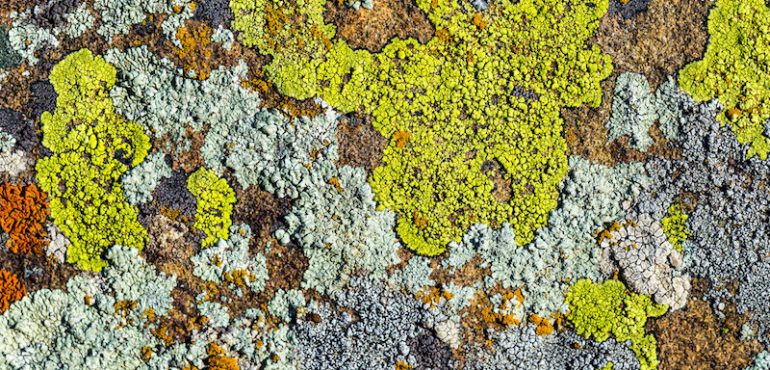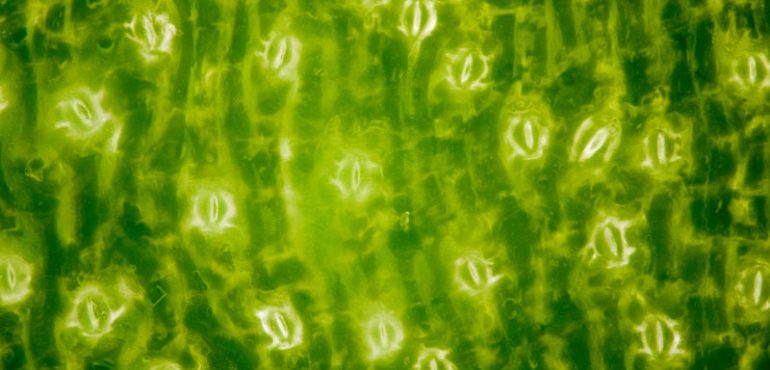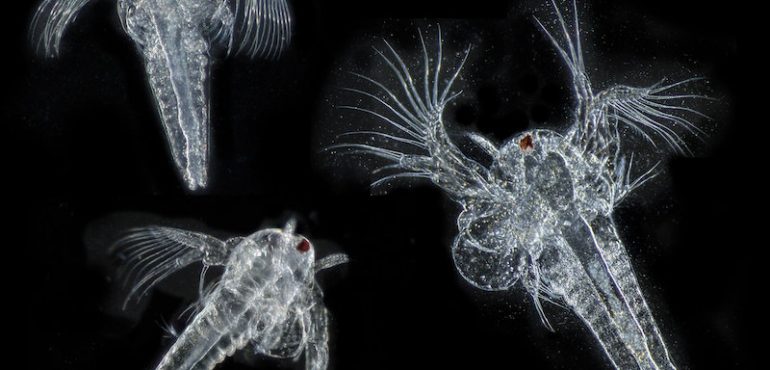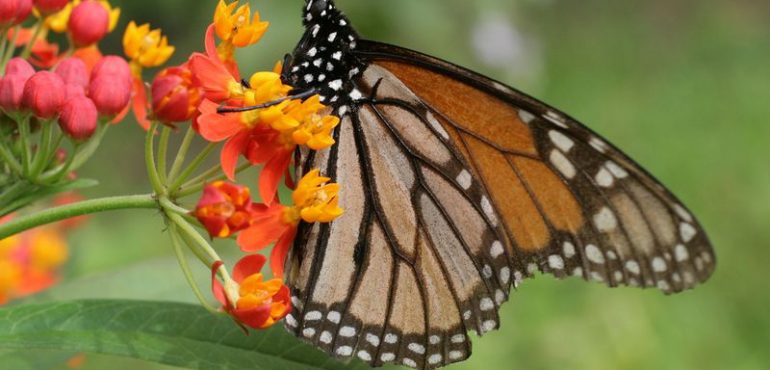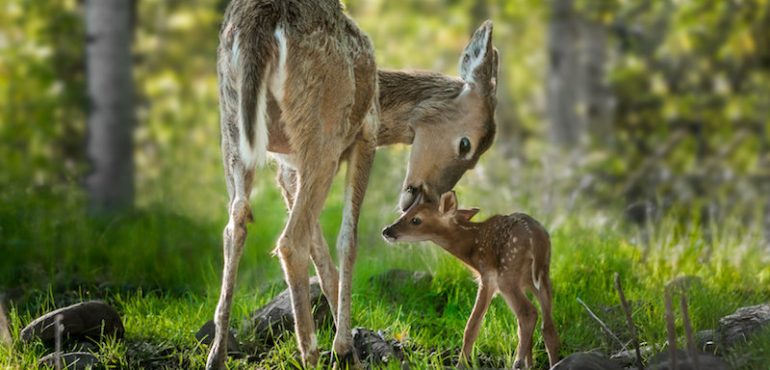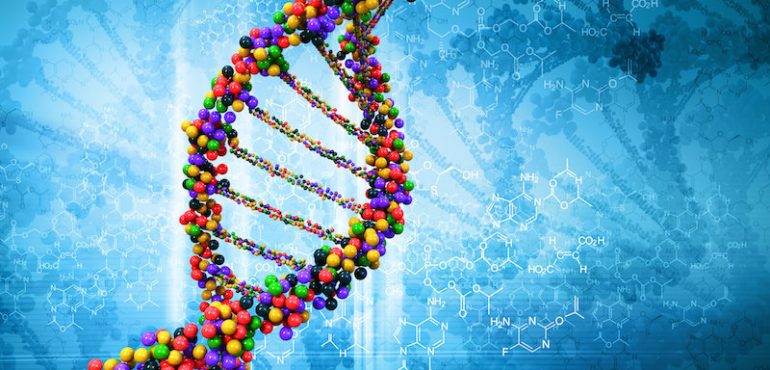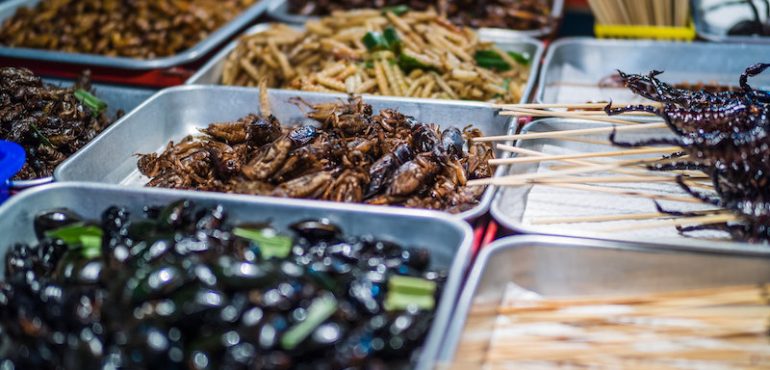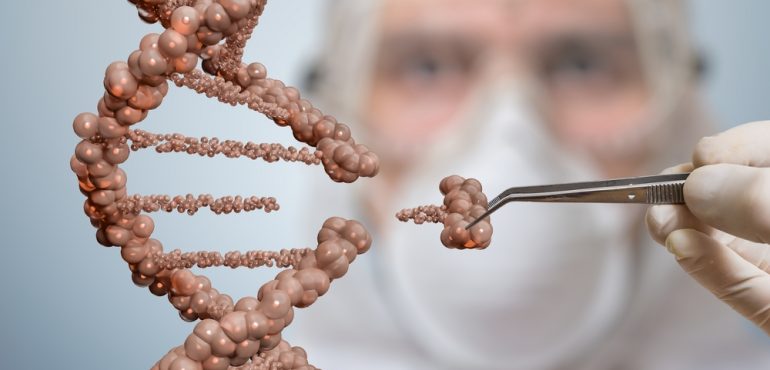Around 0.9 billion hectares of land worldwide would be suitable for reforestation, which could ultimately capture two thirds of human-made carbon emissions. The Crowther Lab of ETH Zurich has published a study in the journal Science that shows this would be the most effective method to combat climate change. The Crowther Lab at ETH Zurich investigates nature-based…
Read more
How trees could save the climate


